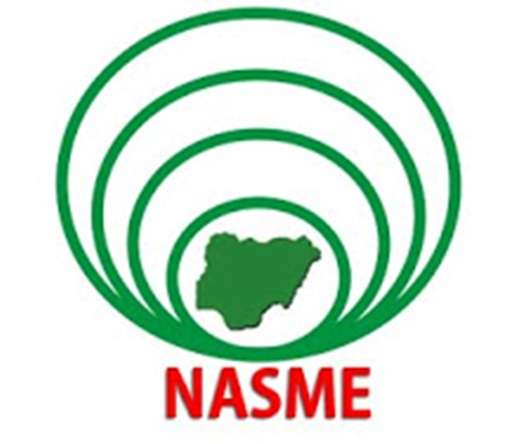Group sensitises entrepreneurs on AfCTA
The National President of the National Association of Small and Medium Enterprises (NASME), Sir Degun Agboade, has said the signing of the African Continental Free Trade Agreement (AfCTA) will help the growth of Small and Medium Enterprises (SMEs) operators who contribute greatly to the Gross Domestic Product (GDP). Sir Agboade was speaking yesterday in Abuja […]

The National President of the National Association of Small and Medium Enterprises (NASME), Sir Degun Agboade, has said the signing of the African Continental Free Trade Agreement (AfCTA) will help the growth of Small and Medium Enterprises (SMEs) operators who contribute greatly to the Gross Domestic Product (GDP).
Sir Agboade was speaking yesterday in Abuja at a roundtable organised by the NASME in partnership with Friedrich Ebert Stiftung.
He said, “You are aware that Nigeria just signed AfCTA. We know that a lot of our SMEs, especially our women entrepreneurs, are yet to be carried along. There are still a lot of gaps in communication, so we felt we should assist government to bring all the challenges to the fore and make ourselves ready for this important trade arrangement.”
He added that with the signing of AfCTA, “MSMEs are going to be better for it. Our products will sell better, we will be able to get more money, we will be able to pay tax to the government. So, it’s a win-win situation for government.”
The Senior Special Assistant to the President on Public Sector, Mr. Francis Otogun, said with the signing of AfCTA, the prices of Nigerian goods being exported would go higher, hence entrepreneurs should be ready to satisfy the standards of countries they are exporting to.
A Professor of International Economic Relations at Covenant University, Jonathan Aremu, said AfCTA would bring about economic integration, hence a lot of companies that were small would become big.
The Resident Representative of Friedrich Ebert Stiftung, Ulrich Thum, said the roundtable had highlighted the benefits of AfCTA to the Nigerian economy, the ordinary people and businesses.
